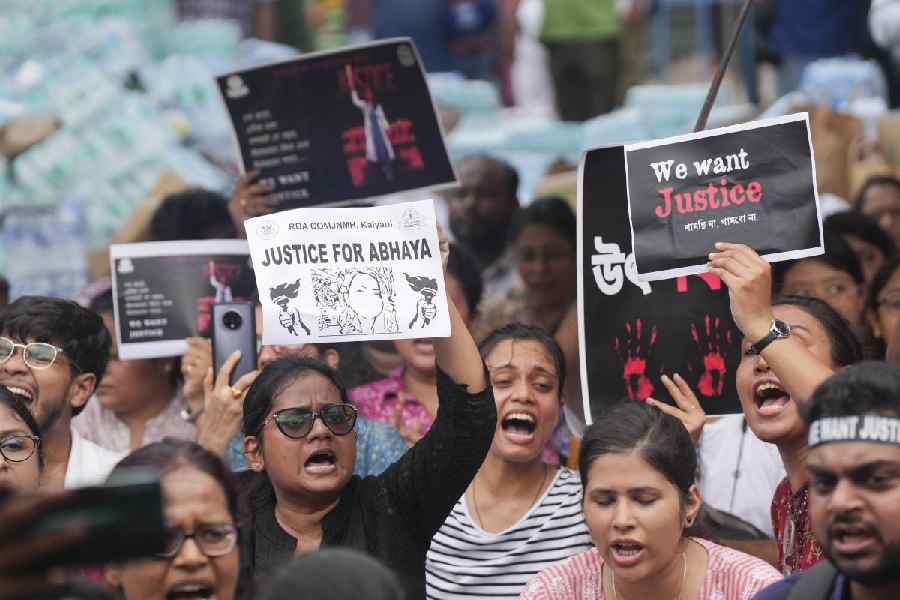The delivery of healthcare in Bengal’s government hospitals has become synonymous with uncertainty in recent times on account of junior doctors refraining from performing their official duties as part of their spirited protest against the rape and murder of their colleague at the R.G. Kar Medical College and Hospital. The first cease-work lasted for 42 days, adversely affecting, according to data, Bengal’s healthcare services the most. Yet, the protesting medics have resumed their cease-work from Tuesday after producing a list of new and old demands. They have also been critical of the “protracted judicial process” at the apex court and expressed their disappointment at the tardy pace of the probe being conducted by the Central Bureau of Investigation. India’s judiciary is not expressly fleet-footed. Yet the doctors’ expectation of significant progress or even completion of both the legal proceedings and the investigations under two months is immature. Institutions as critical as the court cannot be expected to deliver judgments in the blink of an eye: that would impair justice itself. Moreover, it is not as if the authorities have been unamenable to the doctors’ demands. But can there be a timeline set for some of these, such as the rooting out of embedded corruption? Bits of the infrastructural overhaul demanded by the physicians have encountered their own challenges. The Bengal government, for example, is struggling to install closed circuit television cameras within a stipulated period because of delays from manufacturing firms. Calling for another round of cease-work citing unmet demands is unethical given the doctors’ principal role as healers. The protest has also had a dire economic fallout during the festive season, causing losses among the smaller, vulnerable segment of traders.
That the doctors’ agitation enjoys public support, especially from the middle class, is indisputable. But using this endorsement as a kind of leverage to repeatedly stall healthcare services sets an undesirable — roguish — precedent. Perhaps that is the reason that explains the emerging cracks in the broader solidarity. A section of the senior doctors has been left disappointed by the decision to renew the strike. Political parties have also urged the doctors to not cause further inconvenience to public healthcare. A moral core is integral to the junior doctors’ call for justice. But the modus operandi to meet this honourable goal must shun immoral edges.











